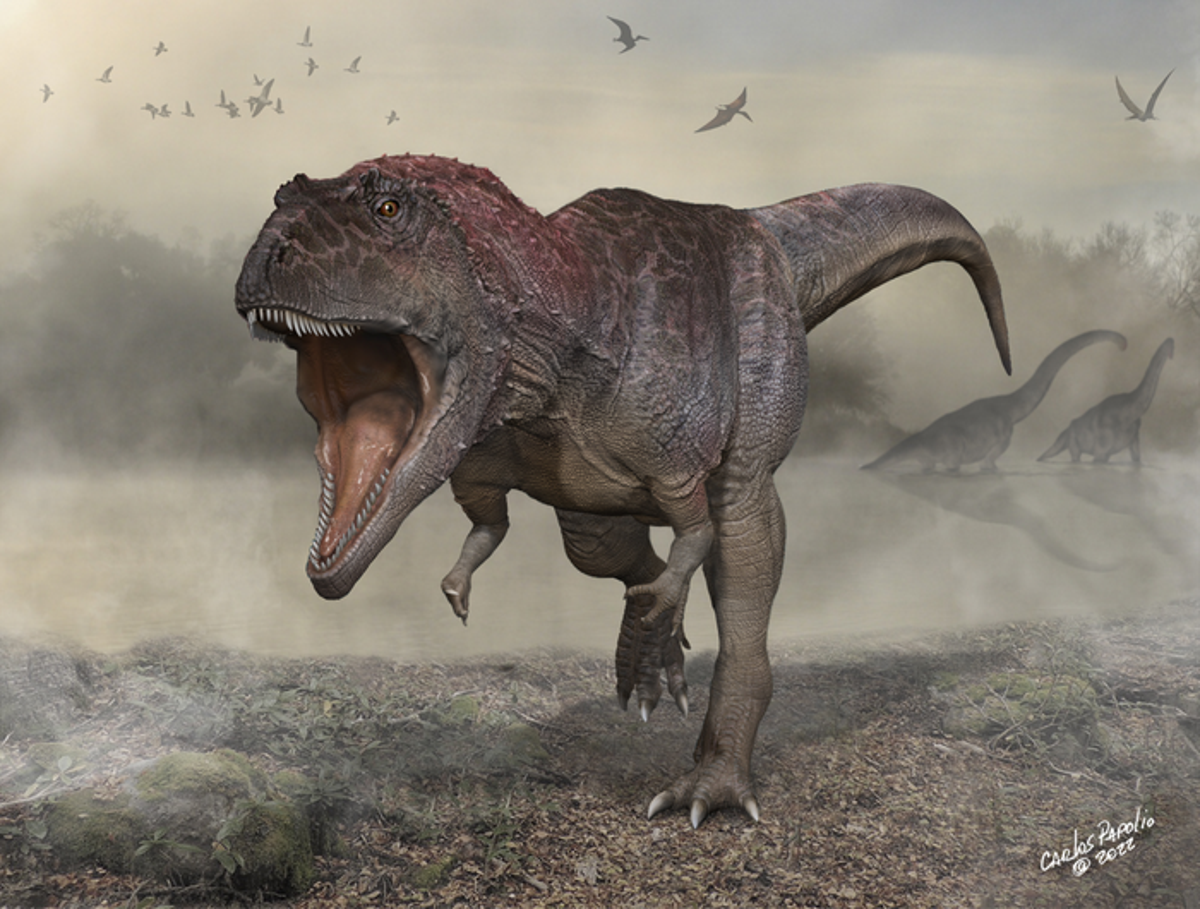Dinosaurs may be reason why humans age fast, study finds

Human ageing and lifespan are likely influenced by millions of years of domination by dinosaurs, a new theory suggests.
While some reptiles and amphibians do not show any significant signs of ageing before they die, all mammals – including humans – show marked developments in their appearance as they get older.
A new theory, dubbed the ”longevity bottleneck hypothesis,” suggests mammals faced persistent pressure for rapid reproduction during the era of dinosaurs.
Over 100 million years, this likely led to the inactivation or loss of genes linked to long life playing roles in tissue regeneration and DNA repair, according to the study published in the journal BioEssays.
“While humans are among the longest-living animals, there are many reptiles and other animals that have a much slower aging process and show minimal signs of senescence over their lives,” study author Joao Pedro de Magalhaes from the University of Birmingham said.
“The ‘longevity bottleneck hypothesis’ may shed light on evolutionary forces that have shaped mammalian aging over millions of years,” Dr Magalhaes said.
Studies have shown that some of the earliest mammals lived at the bottom of the food chain and may have spent over 100 million years during the age of the dinosaurs evolving to survive via rapid reproduction.
“That long period of evolutionary pressure has, I propose, an impact on the way that we humans age,” Dr Magalhaes said.
While some animals have “truly remarkable” methods of cell and tissue repair as well as regeneration, such genetic traits would have been “unnecessary” for early mammals which were lucky enough not to end up as food for predatory dinosaurs like T. rex.
“While we now have a plethora of mammals – including humans, whales, and elephants – that grow big and live long, we and these mammals live with the genetic constraints from the Mesozoic era, and we age surprisingly faster than many reptiles,” Dr Magalhaes added.
Although the idea currently exists only as a hypothesis, further inquiries on this path may shed more light on why cancer is more frequent in mammals than in other species, the biologist added.

